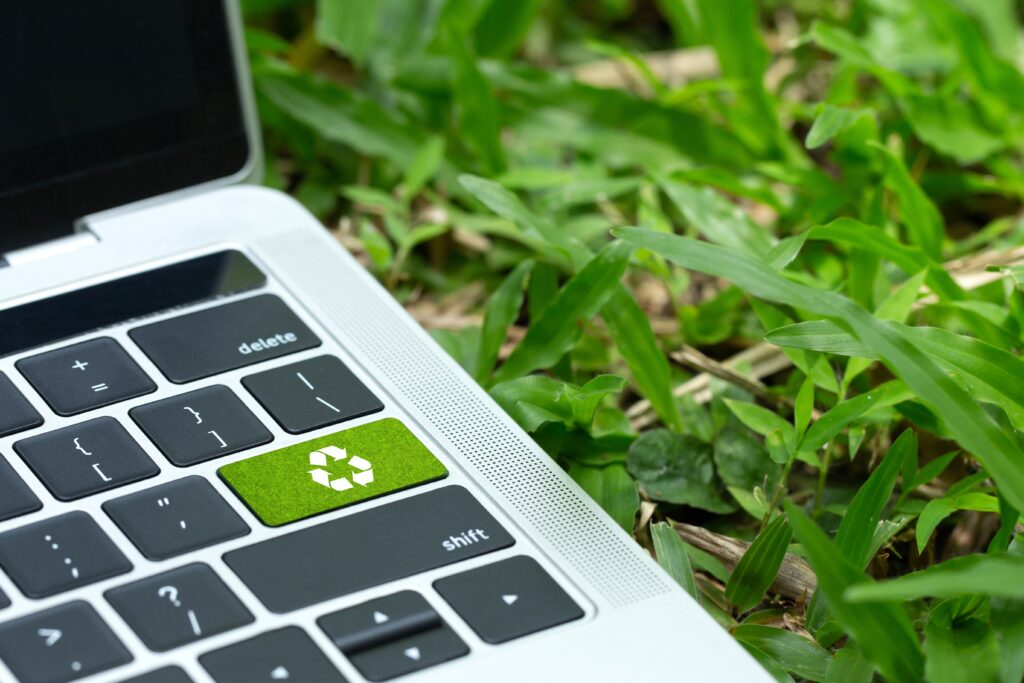Sustainable supply chains are increasingly becoming strategic for executives, employees and consumers, but bring along a number of challenges – including constant innovation, the realization that it is a process with mid-term gains and that sustainability advances quickly become obsolete especially in the Information and Communication Technologies (ICT) sector, where products are replaced in very short times.
This session provides an overview of best standardization practices and policies on the life-cycle approach including sustainability aspects and environmentally sound management of used and end-of-life ICT equipment. The panelists will discuss how sustainability standards for ICT and environmentally sound management of electronic waste poses environmental, socio-economic and health-related challenges, but also provides opportunities to create green jobs as well as economic incentives. Standardization and regulations should aim at ICT that makes more efficient use of resources, is designed for longer life,for easy and effective dismantling and recovery of valuable parts.
Target audience
ICT authorities at national level; national authorities related to health and environment; ICT equipment producers, users, service providers, refurbishers, recyclers; international and intergovernmental organizations related to ICT, health and environment issues.
Expected Outcomes
Post-2015 recommendations that will feed into the 2015 UNGA review to discuss the possible Action Plan for the new Information/Knowledge Society will include a life-cycle and sustainability vision for application of ICT equipment without negative effects on health and environment.
Emerging Trends relevant to the Action Line in the context of the WSIS +10 process:
- Look at new sustainable business models;
- Need for comprehensive policies encompassing environmental, socio-economic requirements;
- Need for technical guidance and standards;
- Need for capacity building activities in developing countries;
- Encourage the consideration of e-waste minimization and management in the design of ICT policy;
- Adopt strategic policies, international standards and regulatory approaches that are sensitive to local context;
- Encourage concerted cooperation in handling e-waste at the national, regional and international level;
- Solve challenges related to enforcement of existing regulations.
Vision
An integrated approach for management of ICT equipment, which encompasses health, environmental and socio-economic considerations, is a crucial part of international and national sustainable development strategies. Standardization and regulations should aim at ICT that makes more efficient use of resources, is designed for longer life, for easy and effective dismantling and recovery of valuable parts.
Names of the organizer(s) of the workshop and their affiliation:
Mr Matthias Kern, Senior Programme Officer, Secretariat of the Basel, Rotterdam and Stockholm Conventions, UNEP, intergovernmental organization.
Source: basel.int



